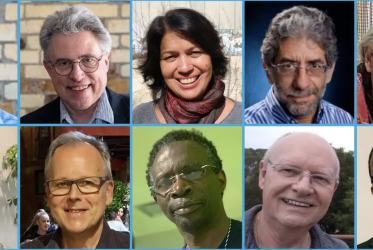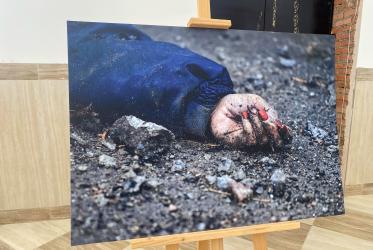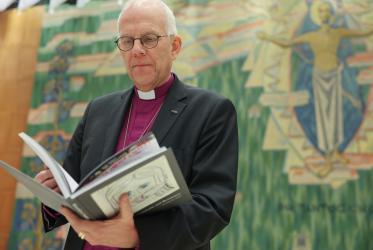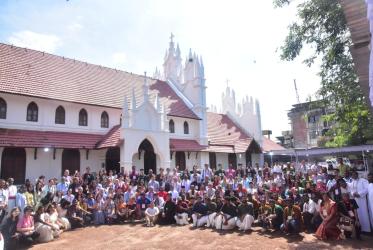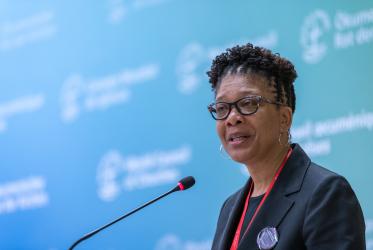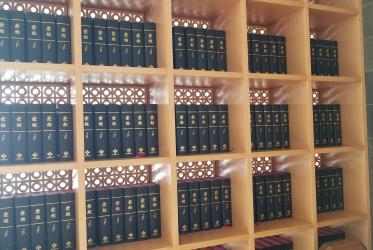Displaying 1 - 20 of 535
New WCC appointments reflect strong global fellowship
10 April 2024
Voice of churches vital during UN women’s rights talks
28 March 2024
As femicide cases rises, Kenyan religious leaders move to act
06 February 2024
Tackling sexual violence in war
14 December 2023
Young Black European Christians will share vision for mission
09 November 2023
Blending local and global ecumenism in Asia
02 November 2023
Recommended Practices to Combat HIV-Related Stigma
A Guidebook for Local Faith Communities
05 October 2023
Faith Sector Implementation of the Global AIDS Strategy
05 October 2023


